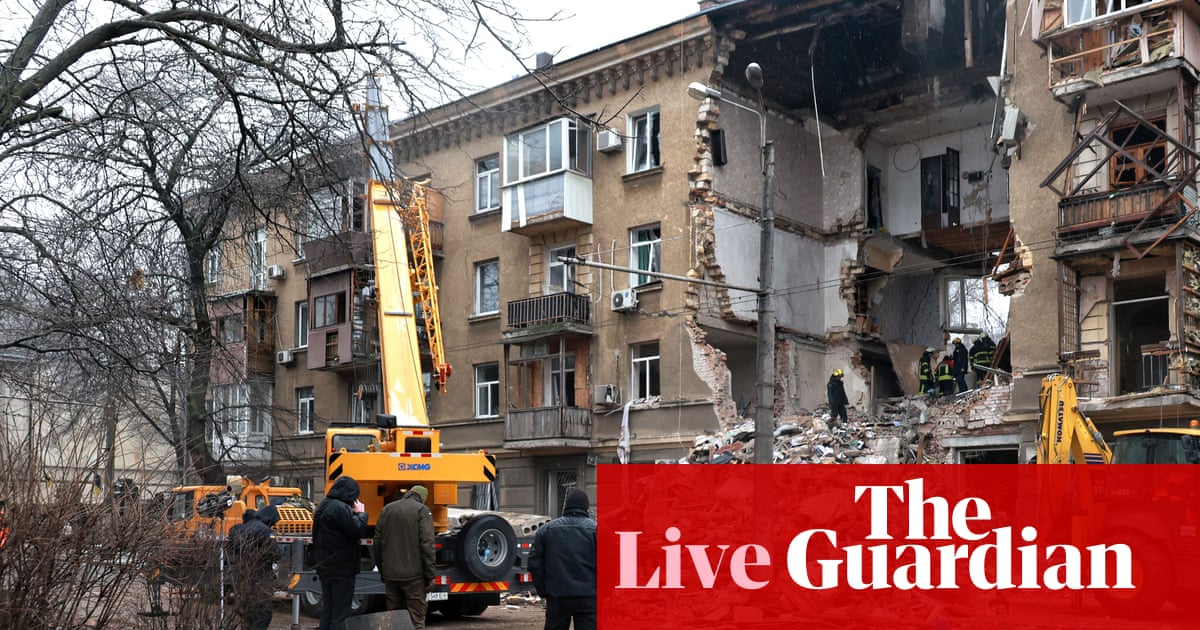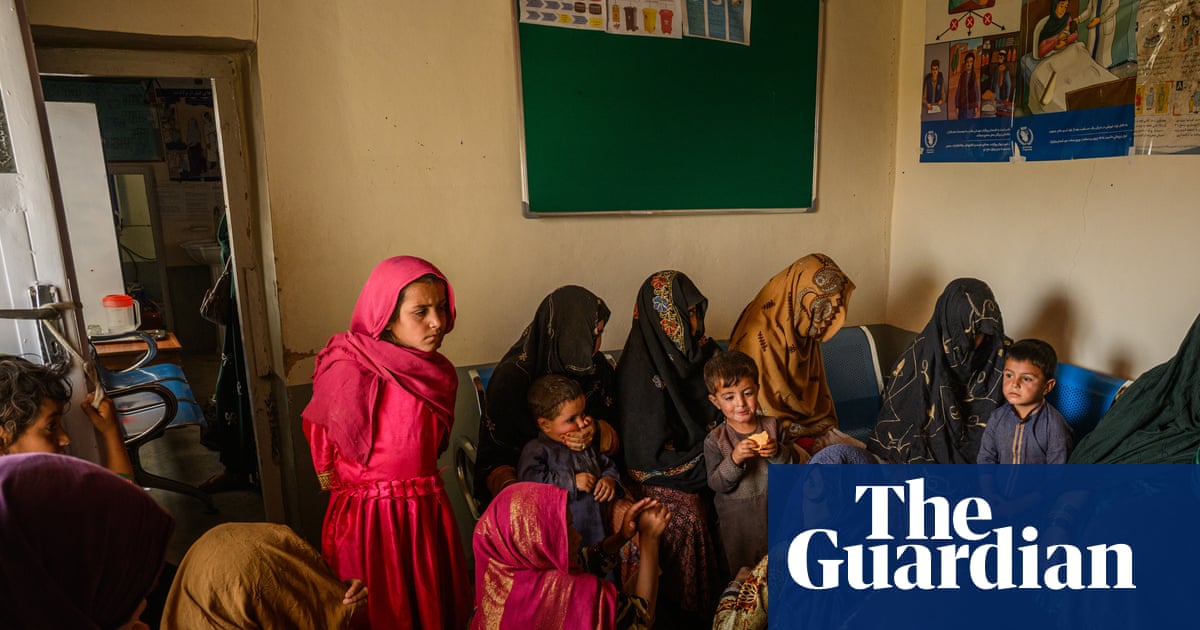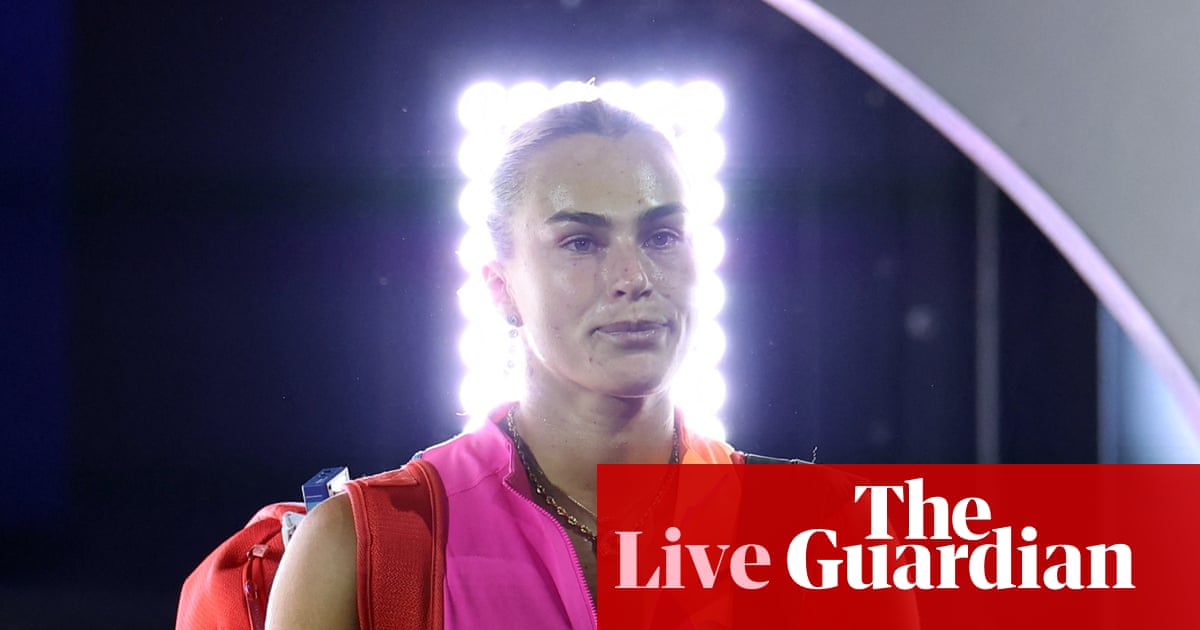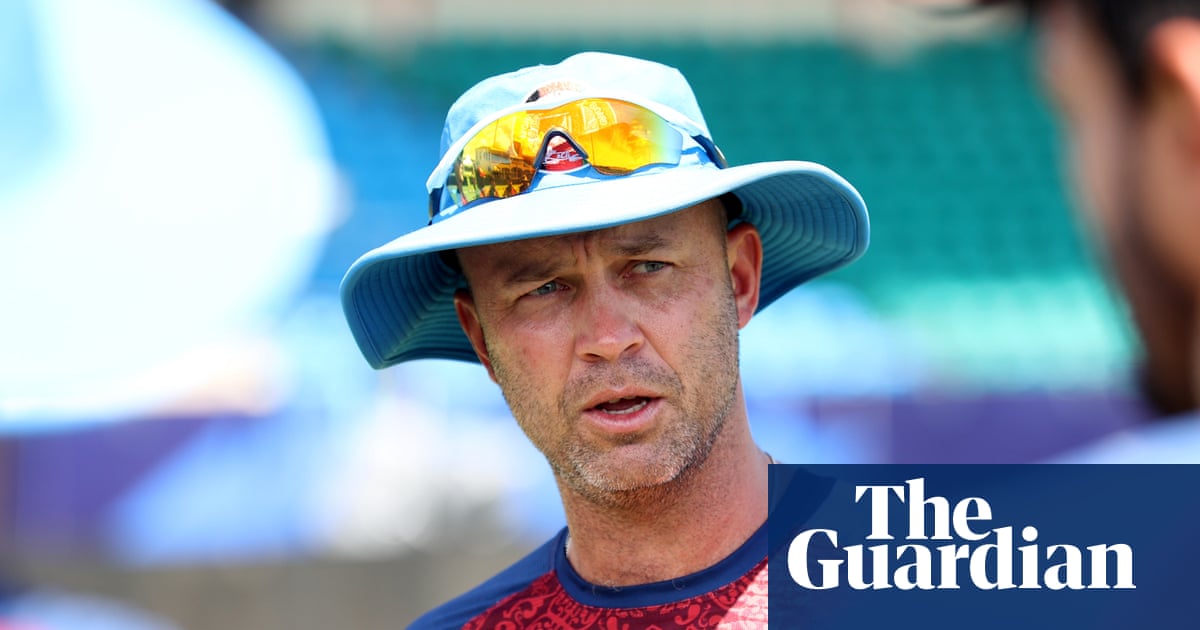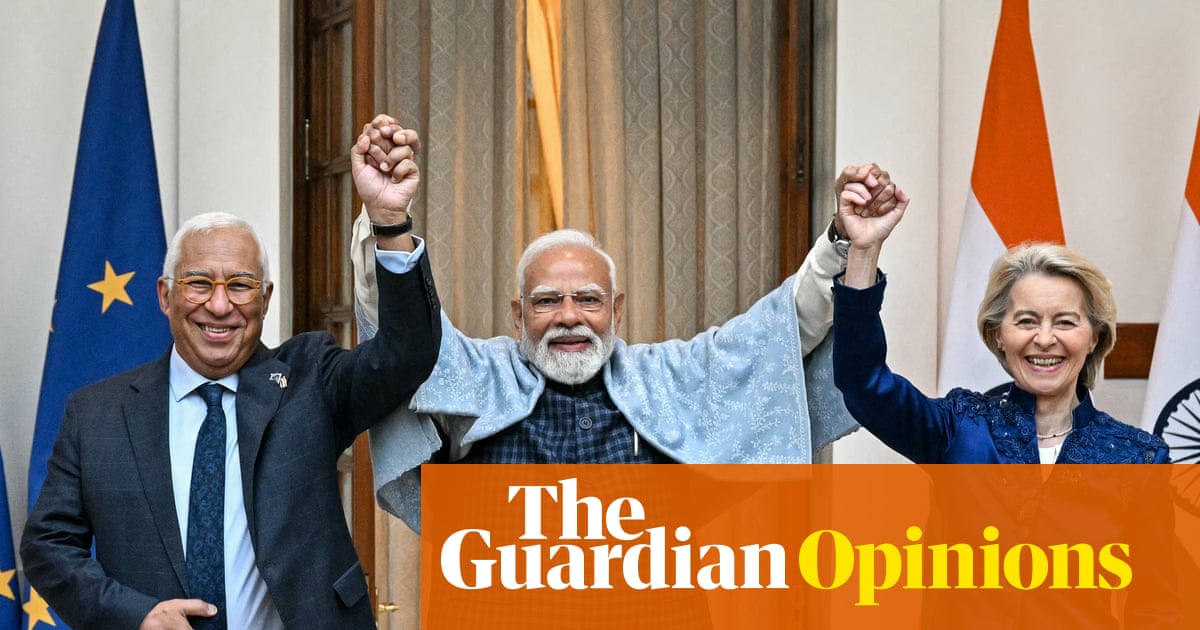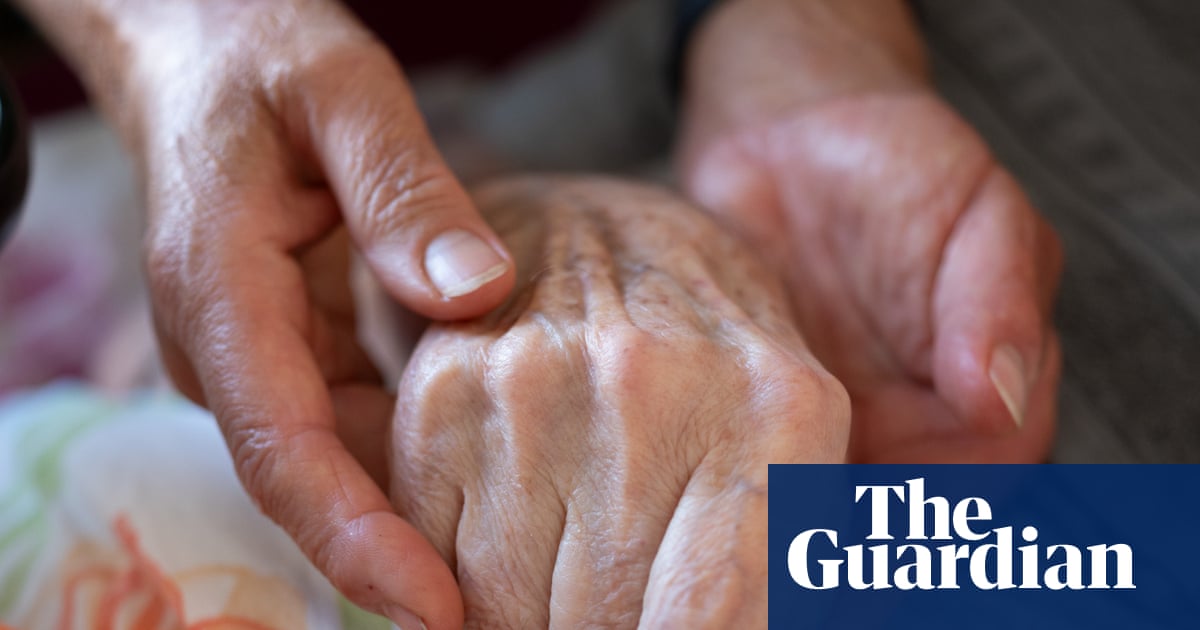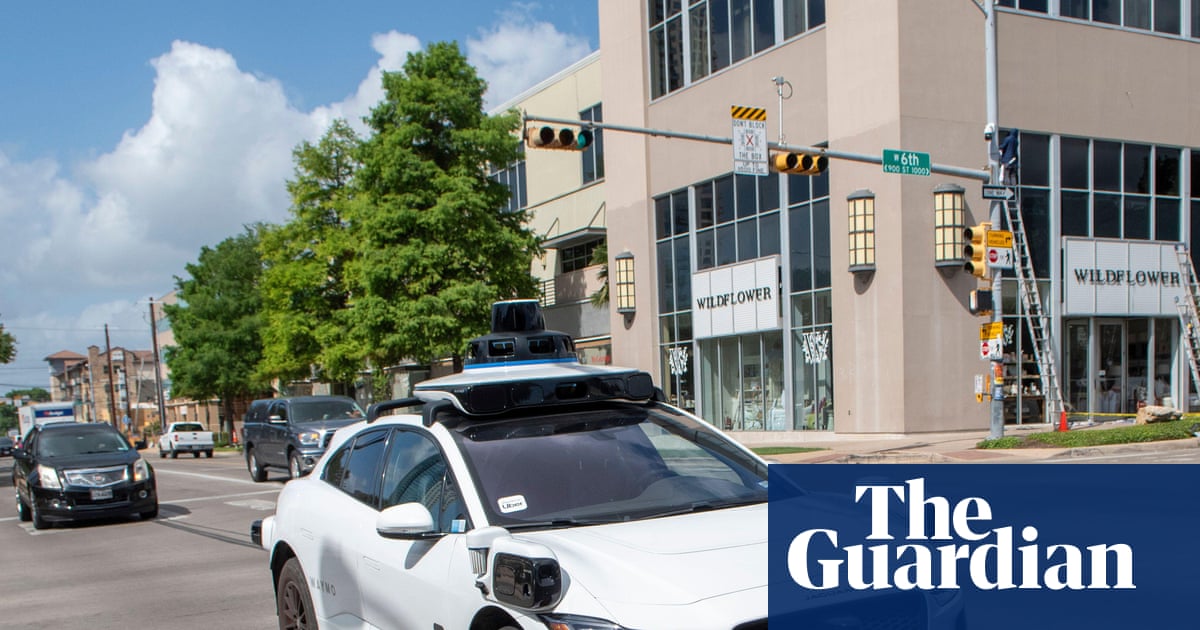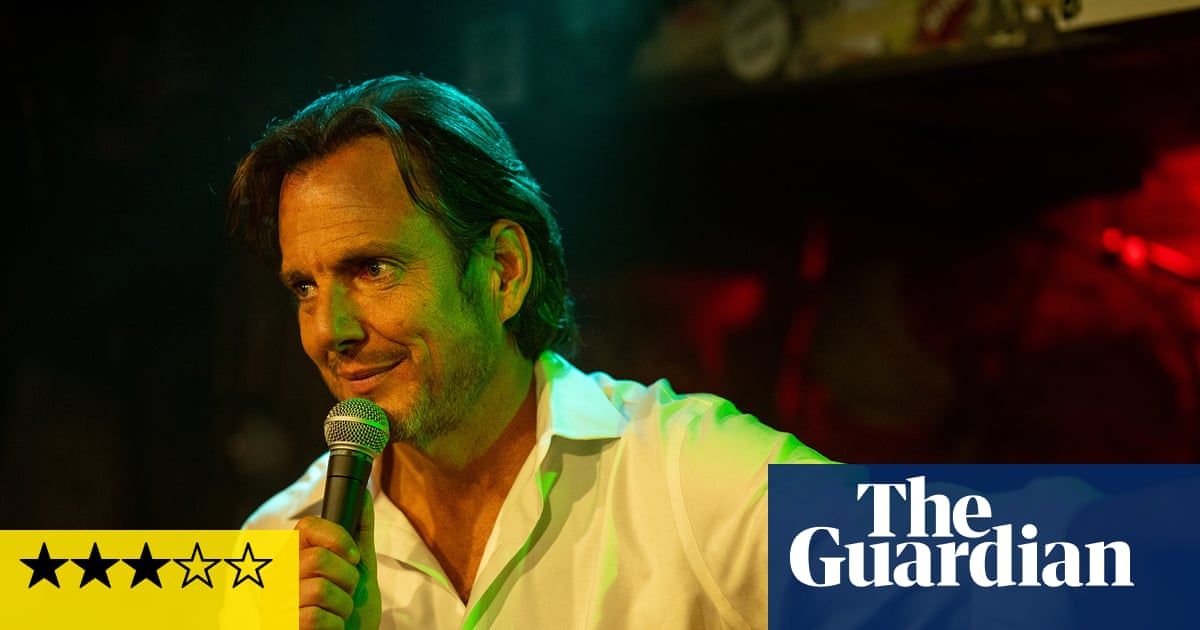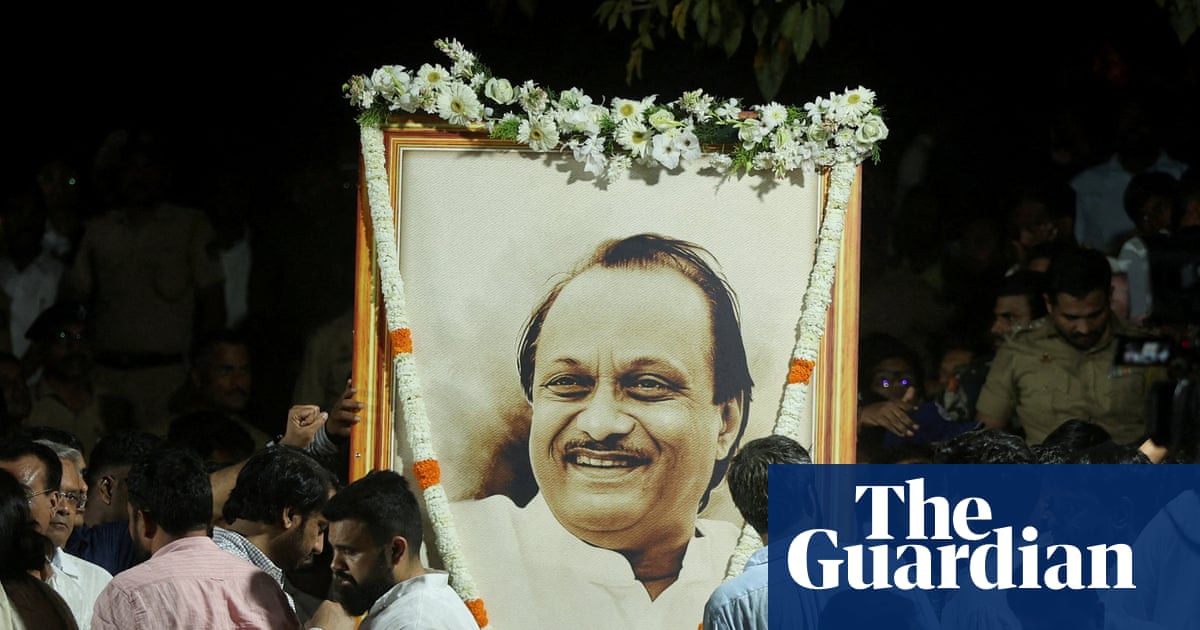New taxes on the super-rich, fossil fuels, financial transactions and highly polluting and carbon-intensive activities should be explored as key ways of raising the finance needed to help poor countries, governments have been told in an influential report.
The proposal is one of the top recommendations of a new blueprint for global climate finance, the Baku to Belém roadmap, drawn up by the governments of Brazil and Azerbaijan, the current and the previous president of the UN climate Cop process.
In a surprisingly strong intervention, they call for “strengthened international cooperation on taxation, and experiments with voluntary partnerships between countries on, for example, sector-based contributions, highly polluting and greenhouse gas intensive activities, financial transactions and ultra high net worth individuals”.
They add the caveat that countries should “carefully consider potential negative impacts on development priorities and trade and redistribution mechanisms”.
Campaigners welcomed the call. Rebecca Newsom, the global political expert for Greenpeace International, said: “It’s notable that the roadmap recognises new taxes and levies as key to unlocking public climate finance. Given reported profits from just five international oil and gas giants over the last decade reached almost $800bn, taxing fossil fuel corporations is clearly a huge opportunity to overcome national fiscal constraints.”
World leaders are descending on Belém, the Brazilian city at the mouth of the Amazon, for two days of talks starting on Thursday, before the UN Cop30 climate summit formally begins, and finance will be high on their agenda.
The roadmap will form the basis of discussions of climate finance at Cop30. Last year’s “conference of the parties” in Baku set a goal of £1.3tn to be provided annually to poor countries by 2035, to help them cut greenhouse gas emissions and cope with the impacts of extreme weather. But there was a bitter taste for many when rich countries pledged to stump up only $300bn of that sum, leaving the rest to come from potential new taxes and levies, the private sector, and related sources.
The Baku to Belém roadmap is an attempt to heal those divisions, by showing how the finance goal can be reached. Mukhtar Babayev, the Azerbaijani minister who was president of Cop29, said: “The roadmap shows there is a clear path to scaling up climate finance to the developing world to $1.3tn by 2035. It is possible, but political will and global action are absolutely necessary.”
He warned: “As temperatures continue to rise and countries submit their next climate plans scaling up finance is the critical factor for success. Countries simply cannot cut emissions if they cannot count on the capital they need to meet their ambitions.”
Developing countries suffering from high debt burdens also need relief, potentially through swapping some of their outstanding debt for investment in projects that cut greenhouse gas emissions or help countries adapt to the impacts of climate breakdown, according to the report.
Making it easier and cheaper for developing countries to gain access to private sector capital for their clean energy investments will be key, the roadmap acknowledges. Developing countries currently pay much higher interest rates on loans and capital injections than their rich counterparts, but assistance from the World Bank and other publicly funded institutions could drastically reduce that, making it easier for poor countries to fund their climate projects.
Equity and the social impacts of the shift to clean energy must also be high priorities, according to the report. “Without careful attention to the social dimensions of this transformation, there is a risk of exacerbating inequality, undermining public trust, and slowing progress on climate action. Building fair change together with workers, women, Indigenous Peoples and local communities supported by dedicated funding windows can have catalytic effects.”
The World Bank and other multilateral development banks will also need “replenishment” – fresh capital from the governments that are their shareholders. That may be more difficult to find now that President Donald Trump has dismantled much of US overseas aid, and other countries are also cutting their aid budgets.
Campaigners said there was no escaping the reality that rich governments must step up to help the poor, if the world was to avoid the worst of the climate crisis. Carolina Pasquali, the executive director of Greenpeace Brasil, said: “The inequalities left behind by the inadequate climate finance goal agreed at Cop29 have not been resolved with this roadmap – we still need significantly more public finance for mitigation [cutting and avoiding emissions], adaptation and loss and damage.”
She added: “While the roadmap rightly recognises the gap in concessional finance, including for nature and providing direct access to Indigenous peoples and local communities, it does not go far enough in holding developed countries accountable. We still need to see the money for real support to developing countries if we are serious about climate justice.”

 2 months ago
48
2 months ago
48
